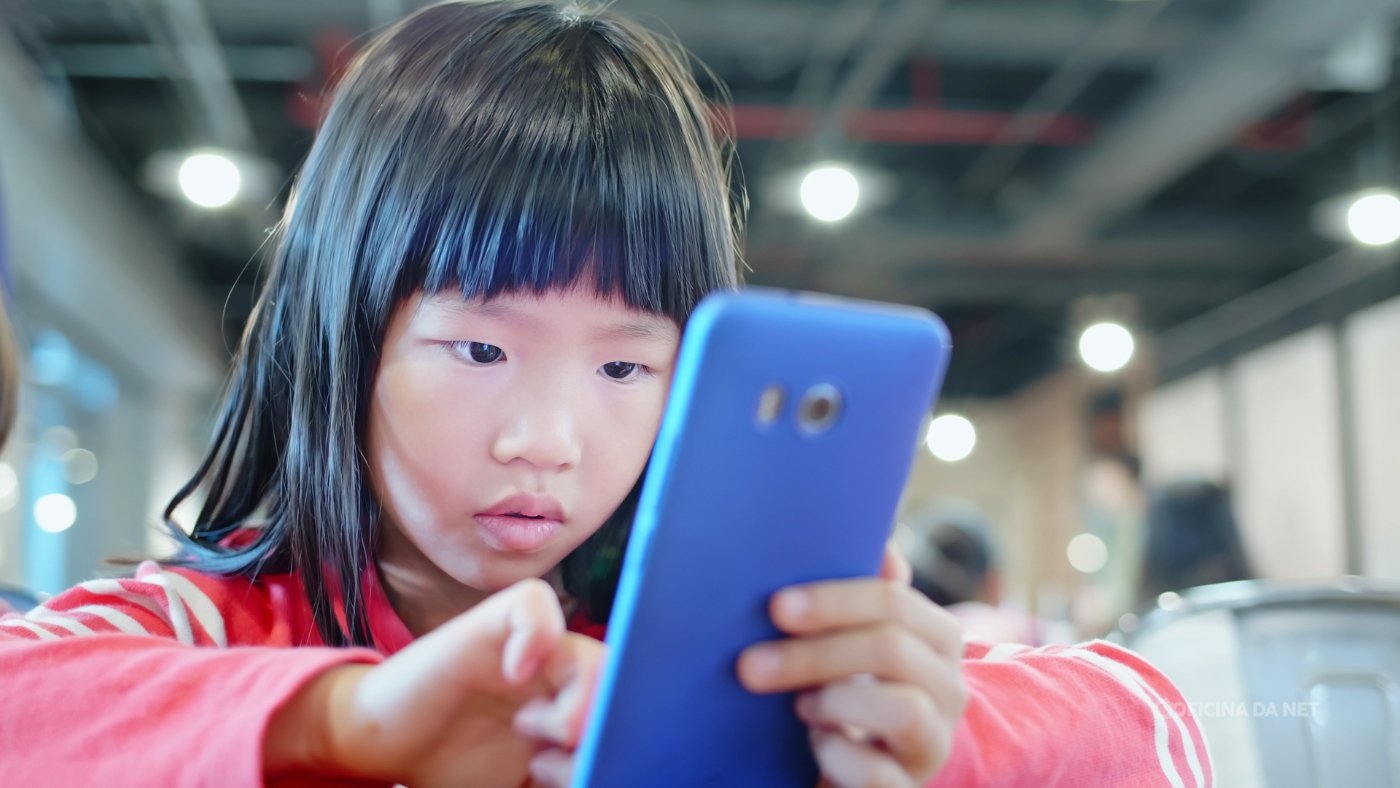São Paulo state in Brazil made history by approving a law that bans students in both public and private elementary and middle schools from using cell phones. The regulation will be implemented in 2025 to foster a school setting that prioritizes learning and well-being.
Summary of essential information you should be aware of.
- The new regulation in São Paulo bans students from using cell phones at school.
- The regulation will be enforced in both public and private schools, spanning from elementary to high school, starting in 2025.
- Cell phones are permitted for educational purposes or for students with special requirements.
What differences will the new law bring about?
Education secretaries are now responsible for establishing guidelines on how to store mobile phones during classes. Devices can only be used in certain educational contexts or as an aid for students with disabilities.
The aim is to address the overuse of cell phones, which can impact focus and school performance, as stated by Mrs. Marina Helou, the bill’s author. Furthermore, a communication avenue will be established between parents and schools to enable contact with students when needed.
São Paulo is the first state in Brazil to implement strict regulations on mobile phones in schools, following global concerns about the effects of technology on students. This initiative aligns with efforts in other countries like Spain and is supported by recommendations from Unesco to prohibit device use in educational settings.
What about the other parts of Brazil?
A bill to ban mobile phones in schools is making progress in the National Congress with backing from multiple parties and the government. If passed, it may be applied nationwide to emphasize the significance of a school setting without digital interruptions.

